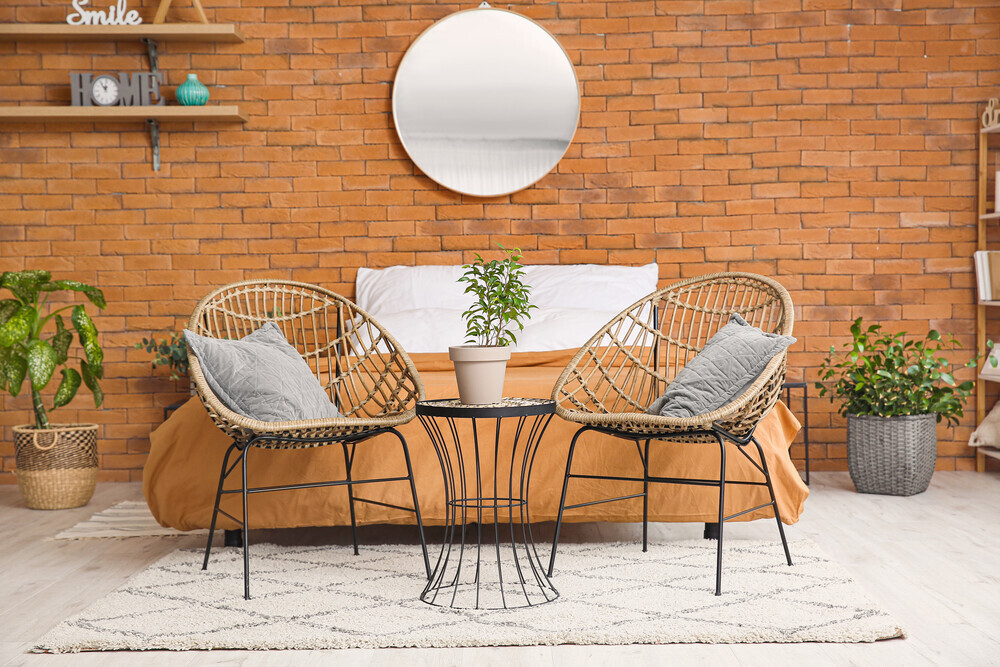When planning to build or renovate a home, selecting the right roof is crucial for both aesthetic and functional purposes. The roof not only protects your home from the elements but also plays a significant role in its overall appearance. With numerous residential roof types available, choosing the perfect one can be daunting. This guide aims to simplify your decision-making process by highlighting seven common types of residential roofing materials, each with its unique benefits and characteristics.
Asphalt & Asphalt Fiberglass Shingles
Asphalt shingles, particularly asphalt fiberglass shingles, are the most popular choice for sloped roofs in many residential areas. These shingles are favored for their affordability, ease of installation, durability, and wide range of colors. Premium grades of “laminated” asphalt fiberglass shingles can offer warranties up to 50 years, making them an excellent long-term investment for homeowners.
Wood Shingles & Shakes
For a more natural and rustic look, wood shingles and shakes are a go-to option. Made from evergreens, these roofing materials are naturally resistant to rot, insects, and offer dimensional stability. The main difference between shingles and shakes lies in their appearance; shakes have a rough texture due to being split from a log, while shingles are sawn for a smoother finish. Despite their aesthetic appeal, wood roofs require more maintenance and are more costly to install than asphalt shingles.
Clay & Concrete Tile Roofing
Clay and concrete tiles add elegance and durability to a home’s exterior. Suitable for hot climates with low rainfall, these materials are designed to overlap or interlock, providing excellent protection against the elements. Though they are on the pricier side of roofing options and require a sturdy structural support due to their weight, their longevity and distinct style make them a popular choice for many homeowners.
Rubber Roofing
Rubber roofing, or EPDM (ethylene propylene diene monomer), is a versatile option primarily used on flat or low-slope roofs. This type of roofing is known for its waterproof and durable qualities, making it an ideal choice for covering garages, porches, and additions. Despite its relatively new market presence, rubber roofing has become a favored material due to its long lifespan and low maintenance requirements.
Composite Roofing
Composite shingles, made from a mixture of materials including rubber compounds and resins from recycled tires, mimic the look of slate or wood shakes but at a lower cost and with less maintenance. These shingles are known for their durability and come with some of the longest warranties in the industry, making them an attractive option for homeowners looking for a balance between aesthetics and functionality.
Metal Roofing
Metal roofing offers a modern and durable solution for both residential and commercial properties. Available in a variety of styles, including standing seam and shingle-like panels, metal roofs are lightweight, fire-resistant, and energy-efficient. They can be installed over existing roofs, reducing waste and installation time. While metal roofing is generally more expensive upfront, its longevity and minimal maintenance requirements provide value over time.
Choosing the Right Roofing Material
Selecting the right roofing material requires considering factors such as climate, aesthetic preferences, budget, and the structural integrity of your home. Each material offers unique benefits and challenges, so it's important to conduct thorough research or consult with a professional construction company to make an informed decision.
Whether you're drawn to the traditional charm of wood shakes or the sleek, modern appeal of metal roofing, there's a material out there that will meet your needs and enhance your home's value and appearance. Remember, your roof is a significant investment; choosing the right material will ensure it protects your home for years to come.

